- difficulty 50%
The secrets of effortless action
The concept of Wu Wei ( 无为), as already mentioned in our previous article, translates as “non-action” or “effortless action”. Rooted in Taoism, wu wei is a veritable art of living. Understanding its value, and thus wishing to apply it to one’s own life, means gradually making changes in the way we live and view life. Here, we explore in greater detail how to access the magic of wu wei.
Questioning the way we live
Why should I question myself? Even though everything is going well in my life… I have a great job, I earn a lot of money, my children go to the best private schools… And yet!
I agree, at the moment I’m very tired; I wake up several times in the night to pee; in the morning when I wake up, I feel painful tensions and I’m not rested etc. These few discomforts are alerts that my body is sending me to let me know that I’m beginning to exceed my limits, or that there are hidden imbalances in my life. If I don’t pay attention, this can lead to much more serious problems or pathologies. It’s time to act!
Living with Wu Wei is a voluntary process in which we organize our lives to make room for the expression of our own nature, in harmony with the natural world around us. In this way, Wu Wei asks us to discover who we really are, even before the body alerts us.
Living wu wei means listening to ourselves, to our needs, regrets and frustrations, as well as to what makes us tick. In this way, we learn to decode what makes us angry, sad or anxious.
Conversely, we decipher the subtle things that contribute to our fullness and joy, those that simply make us more alive. This discovery is an integral part of life, akin to a journey of wisdom.

Getting closer to nature
On this journey, getting closer to Nature is the most natural thing to do. From this will flow the rest of our evolution. As we’ve seen, Wu Wei means letting ourselves be carried along by the flow of nature, adapting to situations as water quietly penetrates the hardest rocks.
Be careful, it’s not a question of total abandonment, but of giving up on forcing things.
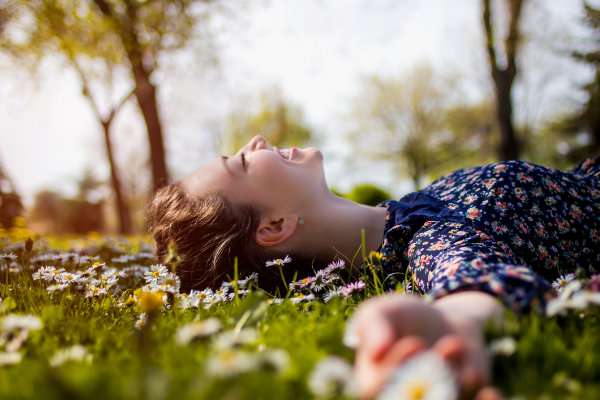
Getting closer to nature is a step-by-step process. The first step is to improve our lifestyle.
We’ll eat more and more fresh, local produce. We will take better care of our rest. We’ll spend more and more time in nature.
In this way, an increasingly intimate and trusting relationship is gradually established between us and Nature. We give our senses and our innate wisdom a chance to awaken.
Cultivating inner calm
Cultivating inner calm is already about distancing yourself from the difficulties you face. There are many practices (meditation, qi gong, tai chi, pranayama, martial arts) that help to develop this inner calm. All involve relaxation, inner listening and deep breathing. To penetrate the spirit of wu wei, we need to develop an ever finer attunement to our sensations and external stimuli. This enables us to reconnect with our intuition, our animal instinct.
Flying, climbing, scuba diving, practising an art such as painting or music, or crafts such as pottery or woodworking also help to develop our five senses and our inner listening.
Faith in life
Living wu wei means having faith in life. It requires us to renounce the conditioning that limits us and drives us to fear. It invites us to develop a deep love of life in all its forms. To do this, we must relinquish control and let the universe organize the best solution for us to the various problems we encounter.
There’s no need for “I’ve got to…” or “I must…”. While it’s right to have a certain sense of responsibility, it’s also wrong to act solely out of duty, out of respect for social conventions, out of routine and so on.
Once we understand that most of the rules laid down by our societies, our governments and our parents are our prison, we take the first step towards non-action. To detach ourselves from social conditioning and be truly free takes time, perseverance and courage.
On this path, many give up for fear of losing friends, of being looked down upon by others…
But the further we go down this path, the more we discover its priceless benefits. The practice of non-action paradoxically enables our actions to become more efficient and constructive. We spend less useless energy, and are all the more available. Wu Wei gives us a feeling of relaxed awakening, an alert and peaceful attention that proves joyful and energizing. It awakens us to a form of wisdom. This makes it easier for us to allow ourselves to be carried along by the flow of life.
The creative process

Great artists live wu wei through their creations. Inspiration comes from their connection with the universal energy that animates all life, and their ability to surrender to it. Inspiration and the creative process have fascinated artists since the dawn of time. Picasso and Dali were filmed creating. Today, we organize happenings where we see an artist painting live.
In ancient China, under the Tang dynasty, wu wei was a central element of artistic practice. The painter’s task is not to imitate the appearance of things, but to connect closely with the spirit of a mountain, a tree, a bird, and let that spirit flow through the brush onto the silk.
The act of painting is revered in itself. The poet Fu Zai describes a grand party organized to see the painter Zhang Zao at work thus:
“In the middle of the room, he sat down, legs apart, breathed deeply and his inspiration began to gush out. Those present were as frightened as if a bolt of lightning had flashed across the sky or a whirlwind had risen into the sky. Ink seemed to gush from his flying brush. He clapped his hands with a cracking sound. Suddenly, strange shapes appeared. When he had finished, there were pine trees, scaled and torn, precipitous cliffs, clear water and turbulent clouds. He threw down his brush, stood up and looked in all directions. It was as if the sky had cleared up after a storm, to reveal the true essence of tenmille choses. »

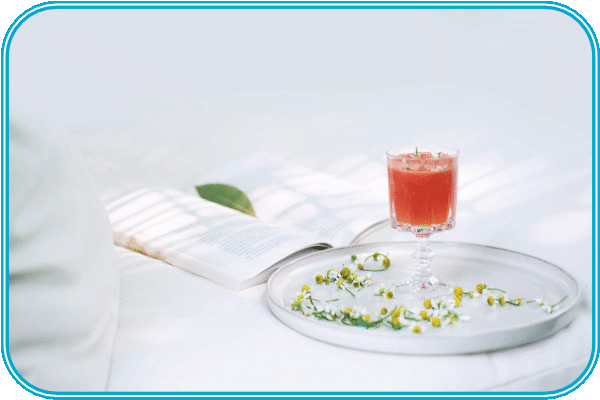
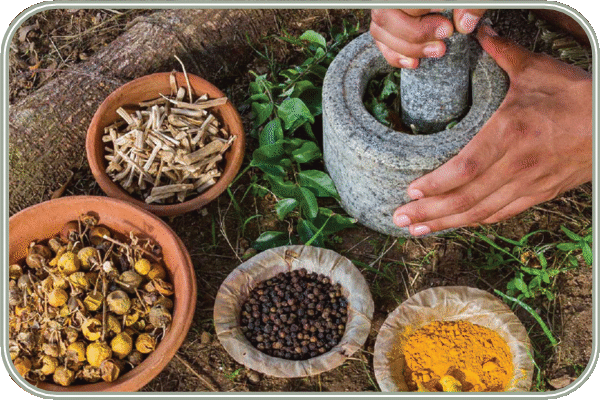

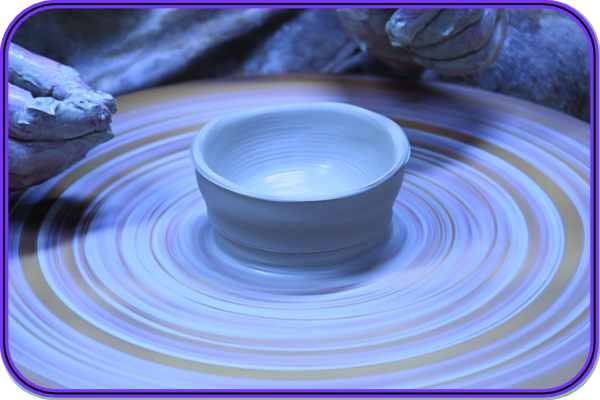
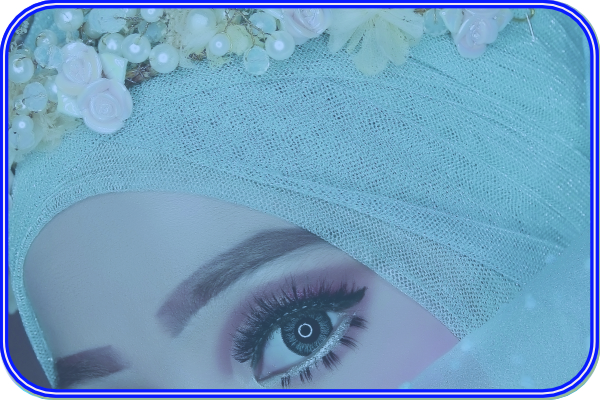
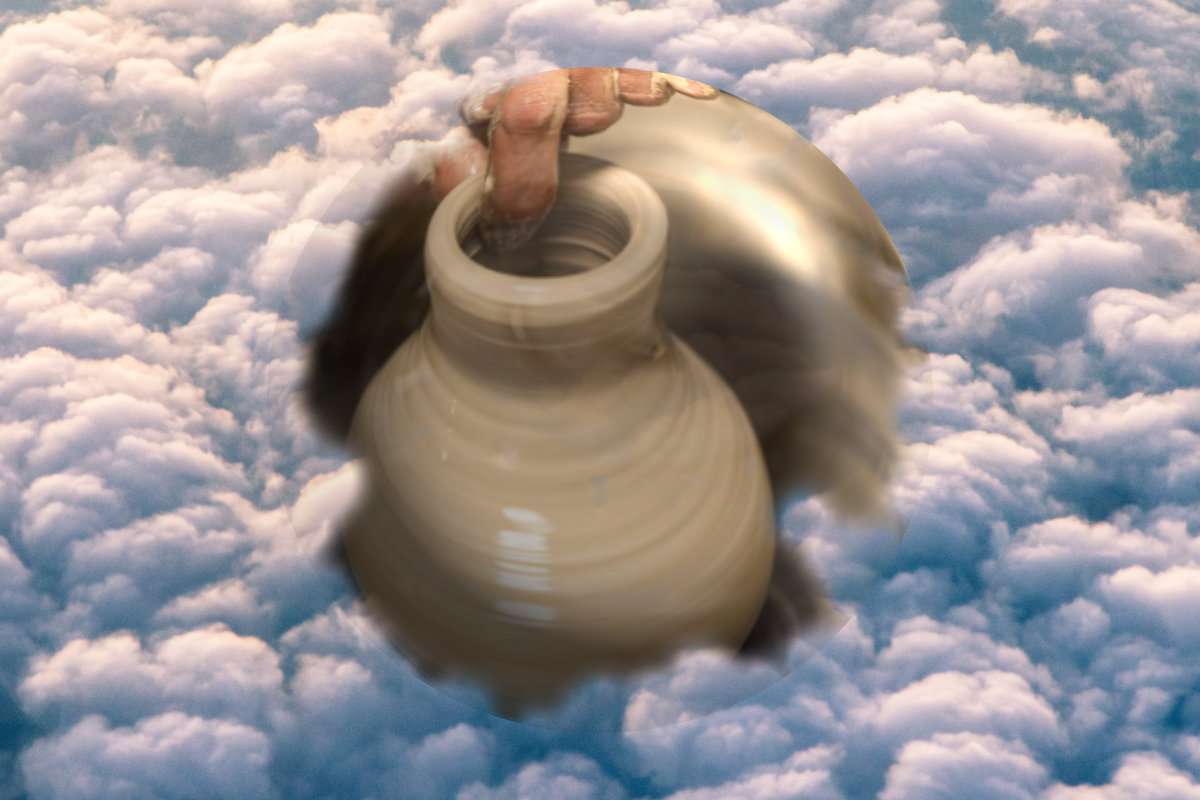
0 Comments